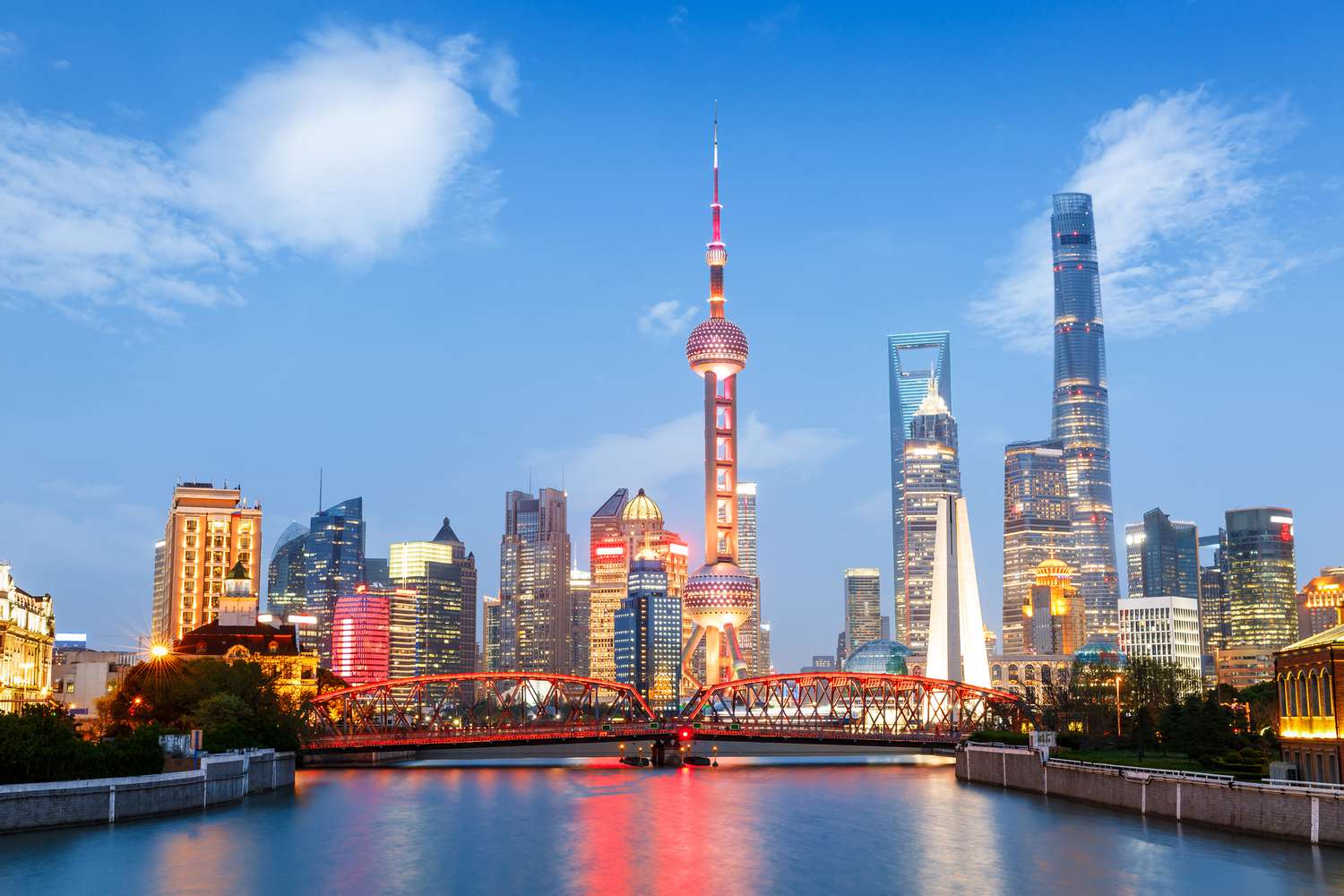The world is rapidly advancing in technology, infrastructure, and economic growth. Some countries stand out as global leaders due to their innovation, high GDP, quality of life, and technological developments. In this article, we explore the top 10 most advanced countries in the world based on various factors such as economic stability, technological innovation, healthcare, and education.

Criteria for Ranking
The ranking is based on the following factors:
- Economic strength (GDP, GDP per capita)
- Technological innovation and research
- Quality of education and healthcare
- Infrastructure development
- Human Development Index (HDI)
-
Global competitiveness
1. United States
Key Highlights:
- GDP: $26.8 trillion (2025 estimate)
- Tech Hub: Silicon Valley
- Major Industries: AI, Space Exploration, Defense, Finance
-
Global Innovation Index Rank: #1
The United States remains the most advanced country, leading in artificial intelligence, biotechnology, and space exploration. With companies like Google, Apple, and Tesla, the U.S. continues to shape global technological advancements.
2. China
Key Highlights:
- GDP: $18.5 trillion (2025 estimate)
- Tech Hub: Shenzhen, Beijing
- Major Industries: AI, Robotics, 5G, Manufacturing
- Global Innovation Index Rank: #2
China is the world's second-largest economy and a powerhouse in technology. It dominates sectors like 5G, electric vehicles, and artificial intelligence, with massive investments in R&D.
3. Germany
Key Highlights:
- GDP: $5.3 trillion (2025 estimate)
- Tech Hub: Berlin, Munich
- Major Industries: Automotive, Engineering, Renewable Energy
- Global Innovation Index Rank: #4
Germany is known for its engineering excellence and strong industrial base. Companies like BMW, Siemens, and SAP continue to drive technological innovation.
4. Japan
Key Highlights:
- GDP: $4.9 trillion (2025 estimate)
- Tech Hub: Tokyo, Osaka
- Major Industries: Robotics, Electronics, AI
- Global Innovation Index Rank: #3
Japan leads the world in robotics, AI, and advanced manufacturing. With cutting-edge research and a strong economy, it remains a global tech leader.
5. South Korea
Key Highlights:
- GDP: $2.3 trillion (2025 estimate)
- Tech Hub: Seoul
- Major Industries: Semiconductor, 5G, Biotechnology
- Global Innovation Index Rank: #5
South Korea is home to tech giants like Samsung and LG. It has one of the world's fastest internet speeds and a highly developed digital economy.
6. United Kingdom
Key Highlights:
- GDP: $3.9 trillion (2025 estimate)
- Tech Hub: London, Cambridge
- Major Industries: AI, Finance, Pharmaceuticals
- Global Innovation Index Rank: #6
The UK excels in AI, fintech, and pharmaceutical research. With a strong startup ecosystem, London remains a major financial and technological center.
7. France
Key Highlights:
- GDP: $3.2 trillion (2025 estimate)
- Tech Hub: Paris, Lyon
- Major Industries: Aerospace, AI, Energy
- Global Innovation Index Rank: #7
France is a leader in aerospace, AI, and sustainable energy solutions. The country continues to invest heavily in digital transformation.
8. Canada
Key Highlights:
- GDP: $2.5 trillion (2025 estimate)
- Tech Hub: Toronto, Vancouver
- Major Industries: AI, Natural Resources, Healthcare
- Global Innovation Index Rank: #8
Canada is rapidly becoming a hub for artificial intelligence and biotechnology. It also boasts a high quality of life and strong economic growth.
9. Switzerland
Key Highlights:
- GDP: $1 trillion (2025 estimate)
- Tech Hub: Zurich, Geneva
- Major Industries: Pharmaceuticals, Finance, AI
- Global Innovation Index Rank: #9
Switzerland is known for its financial stability and pharmaceutical industry, hosting companies like Novartis and Roche.
10. Singapore
Key Highlights:
- GDP: $800 billion (2025 estimate)
- Tech Hub: Singapore City
- Major Industries: Fintech, AI, Smart Cities
- Global Innovation Index Rank: #10
Singapore is a global leader in fintech, AI, and smart city innovations. With its robust economy and digital infrastructure, it remains a top advanced country.

Future Trends in Global Advancement
As technology and economic policies evolve, new trends will shape the landscape of advanced countries. Emerging technologies such as quantum computing, blockchain, and space exploration will play a key role in defining future leaders in global innovation. Countries that invest in sustainability and green technologies will also stand out in the coming years.
Furthermore, the rise of artificial intelligence and automation will continue to drive productivity and efficiency. Nations with strong digital infrastructure and high adaptability to new technologies will maintain their competitive edge. Governments and businesses must collaborate to foster research, education, and economic policies that sustain long-term advancement.





.gif)















Sign in
to continue to ilmkidunya.com